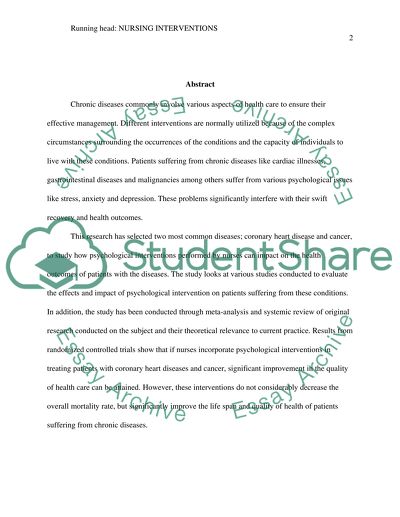Cite this document
(“Nursing Interventions Essay Example | Topics and Well Written Essays - 2500 words”, n.d.)
Retrieved from https://studentshare.org/psychology/1661962-nursing-interventions
Retrieved from https://studentshare.org/psychology/1661962-nursing-interventions
(Nursing Interventions Essay Example | Topics and Well Written Essays - 2500 Words)
https://studentshare.org/psychology/1661962-nursing-interventions.
https://studentshare.org/psychology/1661962-nursing-interventions.
“Nursing Interventions Essay Example | Topics and Well Written Essays - 2500 Words”, n.d. https://studentshare.org/psychology/1661962-nursing-interventions.


